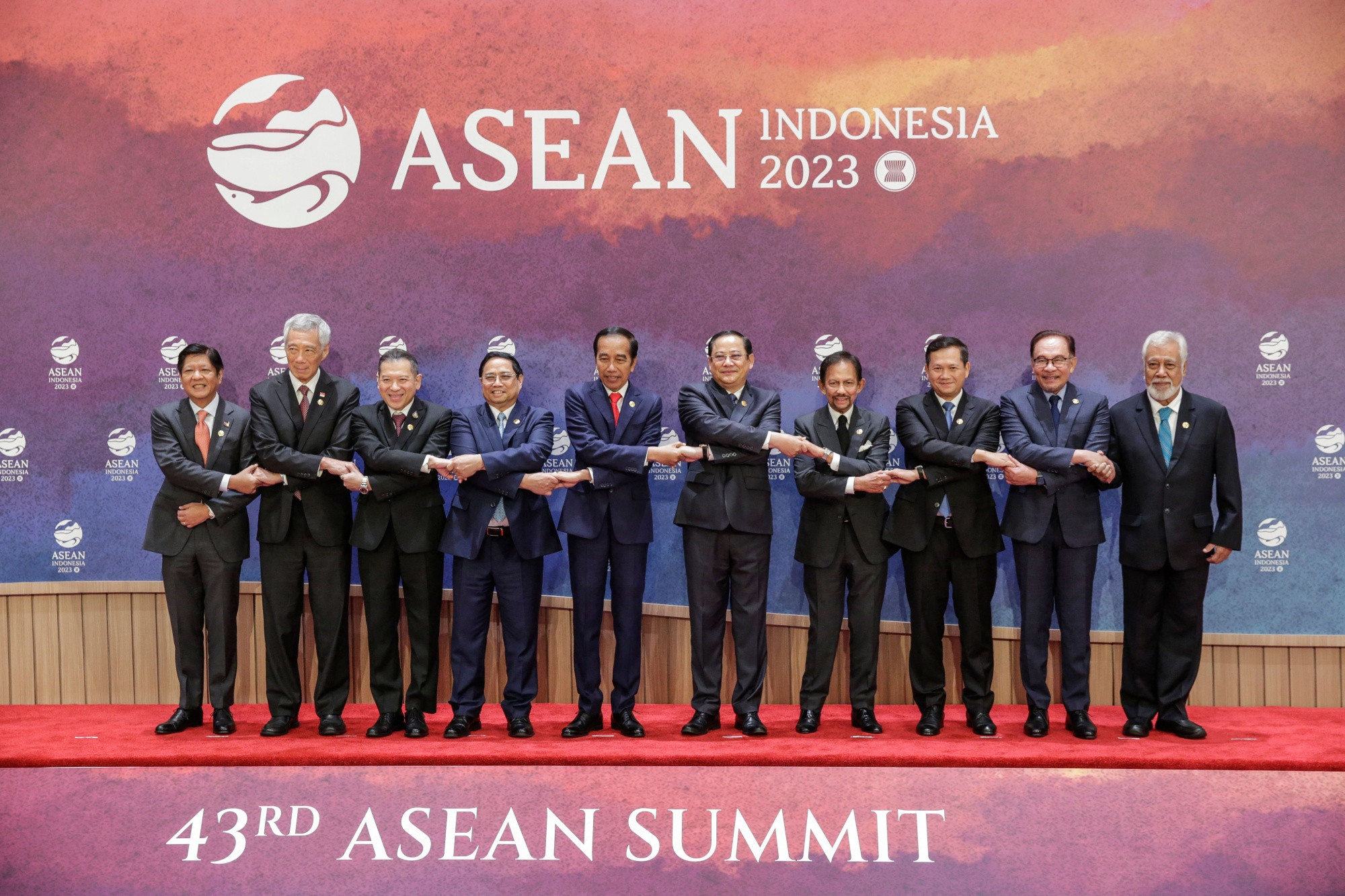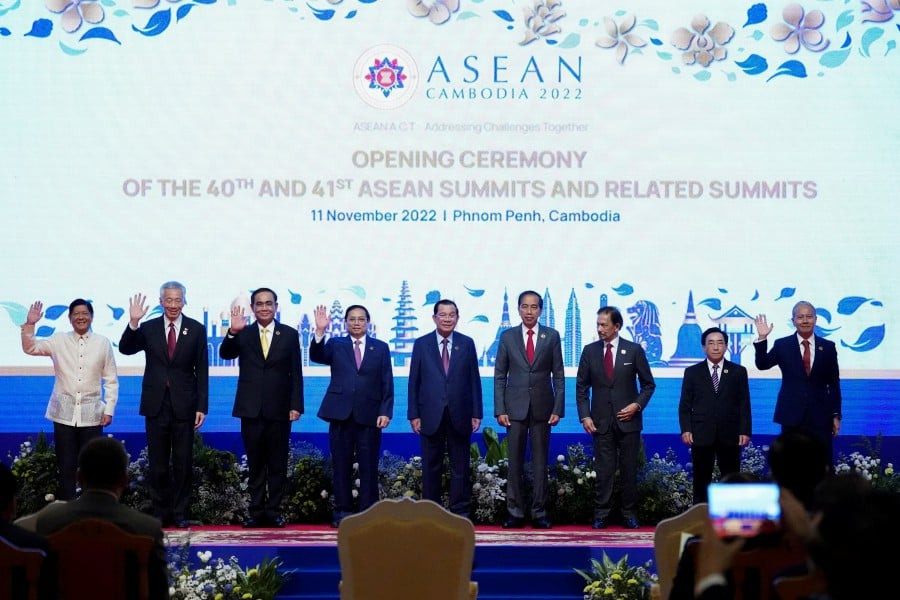Investing in the care economy offers Southeast Asian nations an opportunity to enhance women’s economic participation, thereby fostering more equitable growth and development. A recent data snapshot from UN Women, titled Women’s Economic Empowerment and the Care Economy in ASEAN, was released ahead of the Association of Southeast Asian Nations (ASEAN) Women Leaders’ Summit in Vientiane on August 23. This report supports the adoption of the new ASEAN Declaration on Strengthening the Care Economy and Resilience Towards the ASEAN Community Post-2025.
The snapshot highlights that women’s participation in the labor force across the region is consistently lower than that of men, partly due to the disproportionate share of care responsibilities that women bear within households. Additionally, many women who hold paid caregiving jobs are employed in the informal economy, where workers face heightened vulnerabilities.
The report identifies structural barriers to gender equality in the workplace and advocates for transforming care systems to create more opportunities for women and girls to participate fully in both economies and societies. It suggests that expanding care services, such as kindergartens, and improving workplace support for care through measures like parental leave could alleviate the time constraints on women and girls with caregiving responsibilities.
Transforming Care Systems for Gender Equality
To improve the status of women workers in the care economy, the snapshot recommends expanding social protections and enhancing labor conditions, including wages, equal opportunities, and protection from discrimination, harassment, and violence. The report also emphasizes that efforts to transform care systems must include vulnerable groups, such as girls, single mothers, and elderly women, to ensure that no one is left behind.
Empowering Women Through Structural Change
Christine Arab, Regional Director of UN Women Asia and the Pacific underscored that gender data reveals the unequal burden of unpaid care and domestic work on women as one of the most significant obstacles to women’s economic empowerment. She noted that addressing these structural barriers and improving working conditions through gender-transformative policies and programs could create an environment that offers equal opportunities, empowers women, and promotes economic rights for everyone in ASEAN.
ASEAN Leaders Call for Action
Prime Minister Hun Manet of Cambodia, speaking at the ASEAN Women Leaders’ Summit, stressed the need for a collective and holistic approach from all ASEAN member states to address the structural challenges of the care economy. He emphasized that investing in care work is crucial for gender equality, human capital development, well-being, and inclusive and sustainable economic growth.
A People-Centred Approach
Manet described the task of strengthening the care economy and resilience throughout the post-2025 ASEAN community as crucial in building a people-centred community, towards a gender-equal, sustainable, inclusive and resilient society. He highlighted Cambodia’s readiness to contribute in a meaningful manner to the regional effort, looking forward to the adoption of the ASEAN Declaration on Strengthening Care Economy and Resilience Towards ASEAN Community post-2025 in the near future.
The Importance of Women's Participation
Ek Bunly, a researcher at the Cambodian Centre for Regional Studies (CCRS), highlighted the need for greater awareness and action to address the traditional mindset that caretaking tasks are primarily a women’s job. He underscored that this has led to inequality and exploitation of those working in the care industry, often without adequate protection from authorities.
A Regional Effort for a Brighter Future
Bunly suggested that ASEAN should promote the involvement of women in the gender equality agenda to further strengthen and actualise a people-centred commitment in the ASEAN community post-2025. By investing in the care economy, creating equal opportunities for women, and addressing the structural barriers that prevent them from fully participating in the workforce, ASEAN nations can pave the way for a more equitable, prosperous, and sustainable future for all.
A Collective Call for Change
The ASEAN Women Leaders’ Summit is a significant platform for promoting gender equality and women’s empowerment in the region. The discussions and recommendations emerging from the summit will serve as a roadmap for ASEAN member states to invest in the care economy, address structural inequalities, and create a more just and inclusive society. The event signifies a collective commitment to empowering women, fostering their economic participation, and creating a brighter future for the ASEAN community.


















